YESS 13 scientific program contains nine two-hour sessions in seven parallel Thematic Working Groups (TWGs). Each TWG will discuss the participants’ papers and address some “leading questions” in mathematics education research: How to choose research problems and research questions? How to refer to and use existing literature and frame one’s own research? How to position theory in one’s own research? How to construct an appropriate research methodology? How to identify, present and interpret research results? How to disseminate research findings so that they have a real impact on schools and society? Specific attention will be paid to each participant’s special needs. The TWG titles and the respective leaders are:
TWG 1: Mathematics teacher expertise, practice, and professional development – Leader: Marita Eva Friesen
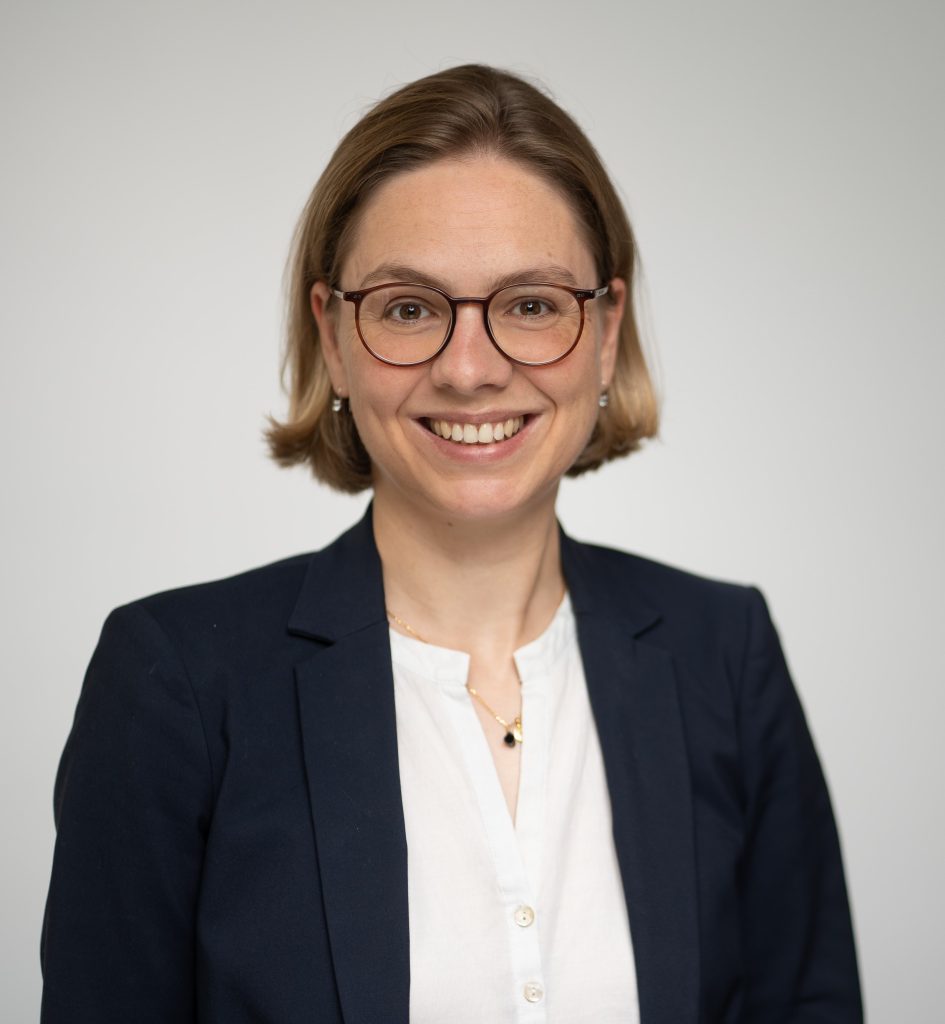
The study of mathematics teachers’ professional practice and learning has been a central focus of research over recent decades. Various research activities and projects regarding this topic are being published and discussed. Within YESS 13 TWG1, we will focus on research on the development and assessment of mathematics pre-service and in-service teachers’ professional competences regarding, e.g., various aspects of professional knowledge, beliefs, and teacher noticing. TWG1 offers a communicative, collegial, and critical forum for sharing and discussing diverse perspectives on teacher education and professional development, as well as various theoretical and methodological approaches for investigating mathematics teachers’ professional growth. In our TWG, we will promote exchange and networking, discuss our research interests and ideas, and create a supportive and collegial environment, with the aim to enable joyful learning with and from each other.
TWG 2: Teaching and learning mathematics at the primary and pre-school level – Leader: Martin Carlsen
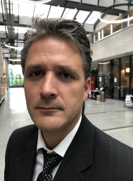
The group “Teaching and Learning mathematics at a primary and pre-school level” aims to address issues related to mathematics education in the early years and first grades of primary education. Mathematics at the pre-school level concerns the mathematics education of children aged 2-6/7, while the primary school level concerns the mathematics education of children aged 4/5-11/12. Thus, there is a different transition age in different countries. Researching mathematics teaching and learning during the early and primary years is a complex endeavour and obviously depends on several cultural and institutional constraints. In most European countries, children enter pre-school very early, yet the conception of schooling and mathematics in these early years varies across different countries. However, research findings reveal that children’s potential to develop important mathematical meanings with appropriate mathematical learning experiences. On this background, we will pose questions starting from the participants’ papers that will be discussed during the TWG sessions. Exchanges between participants will hopefully provide deeper insights concerning mathematical education in the early and primary years, including working with initial mathematical ideas, developing educational programs, organising mathematical tasks, preparing teaching situations, etc.
TWG 3: Teaching and learning mathematics at the secondary level, including the transition between elementary and secondary level – Leader: Michal Tabach
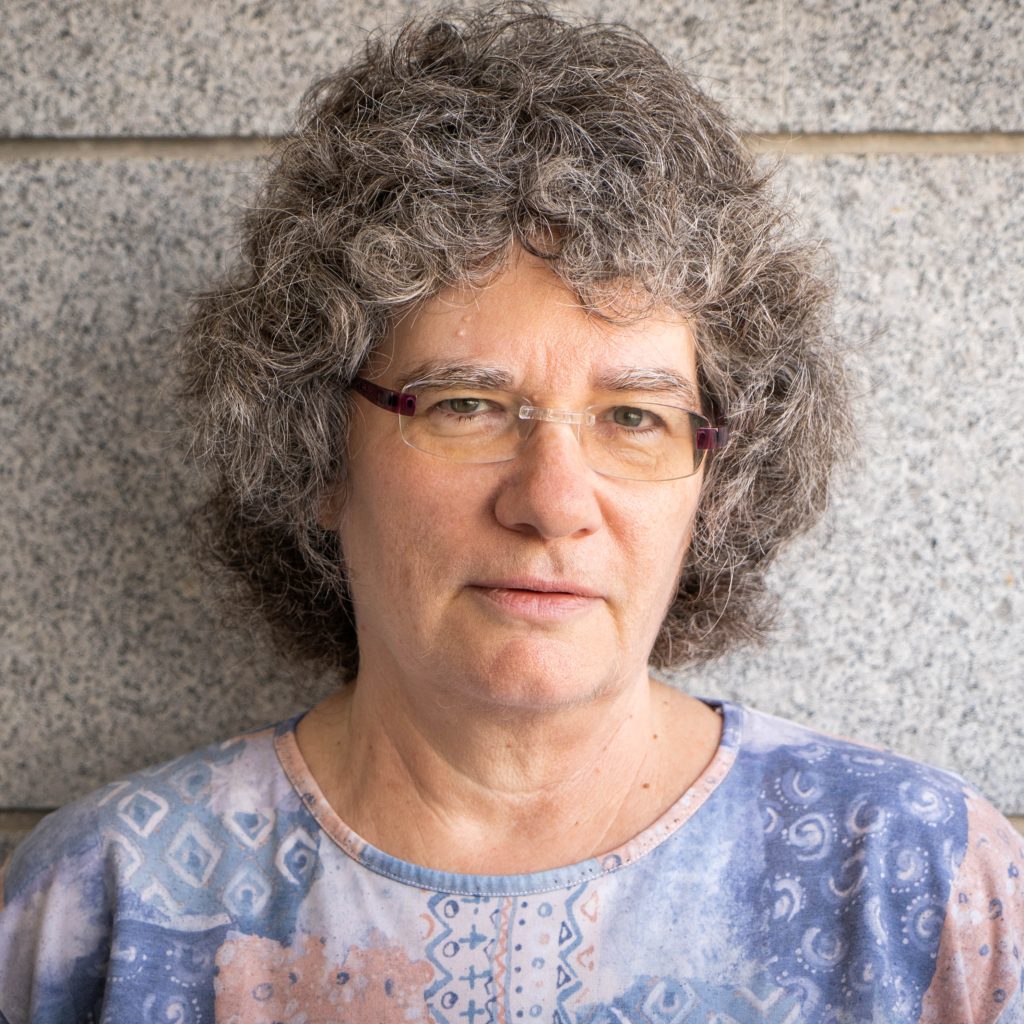
According to the ERME spirit, the group work will be based on the “3Cs” – Communication, Cooperation, and Collaboration. Communication: each student will be able to present the current state of her PhD work to the group members, and to get feedback from the group; each student will be able to act as a critical friend to others. Cooperation and Collaboration: the group members share a common research focus, hence they will be able to learn from one another about theoretical perspectives relevant to their field of study, methods for data analysis, presenting results, share dilemmas and more; working as a group for substantial time has a potential to create an academic network and friendship between the participants beyond the YESS 13 meeting. The group will reflect on plenary activities to give the participants a chance to think about the talks given by experts. If time permits, other academic skills will be addressed, e.g., presenting your work, creating social network.
TWG 4: Teaching and learning mathematics at the upper secondary and university levels -Leader: Olov Viirman
Mathematics education at the upper secondary and university levels is a diverse field regarding research foci and choice of theories and methods. Hence, most topics in mathematics education are potentially relevant to TWG 4 to the extent that they concern upper-secondary and/or university mathematics. Relevant topics include, for instance, the teaching and learning of specific mathematical topics and the teaching practices of secondary and university mathematics teachers, including innovative approaches, the use of digital tools, and assessment. Other areas of interest include transition issues from secondary to university education, within the university, and from university to the world of work; mathematics as a service subject at the university level; and the teaching and learning of mathematics in vocational programmes in secondary school. Research on collaboration between mathematics education researchers and practising teachers/mathematicians is also of interest for TWG 4, as well as issues of inclusion, equality, and access in secondary and university mathematics education. At YESS 13, participants of this TWG will be working together to discuss various issues central to their doctoral projects, such as aims and research questions, theoretical frameworks, and methodology.
TWG 5: Information technologies in mathematics teaching and learning – Leader: Paola Iannone

This group focuses on research related to digital technologies in mathematics learning and teaching. These issues include design, implementation, use and evaluation of technologies and resources. Particular attention is paid to highlighting specificities of digital technologies and resources and discussing their contribution to the teaching and learning of mathematics. Based on the participants’ PhD projects, the relevance of theoretical and methodological frameworks concerning the research aims is addressed. During the TWG sessions, a large space will be given for presentations and discussions of all participants’ research projects. Each participant will benefit from the feedback from critical friends, from all other participants, as well as from the group leader. Specific sessions will be organised to address issues emerging from the participants’ questions and needs.
TWG 6: Proof, proving, problem solving, and modelling in mathematics education – Leader: Andreas Moutsios-Rentzos
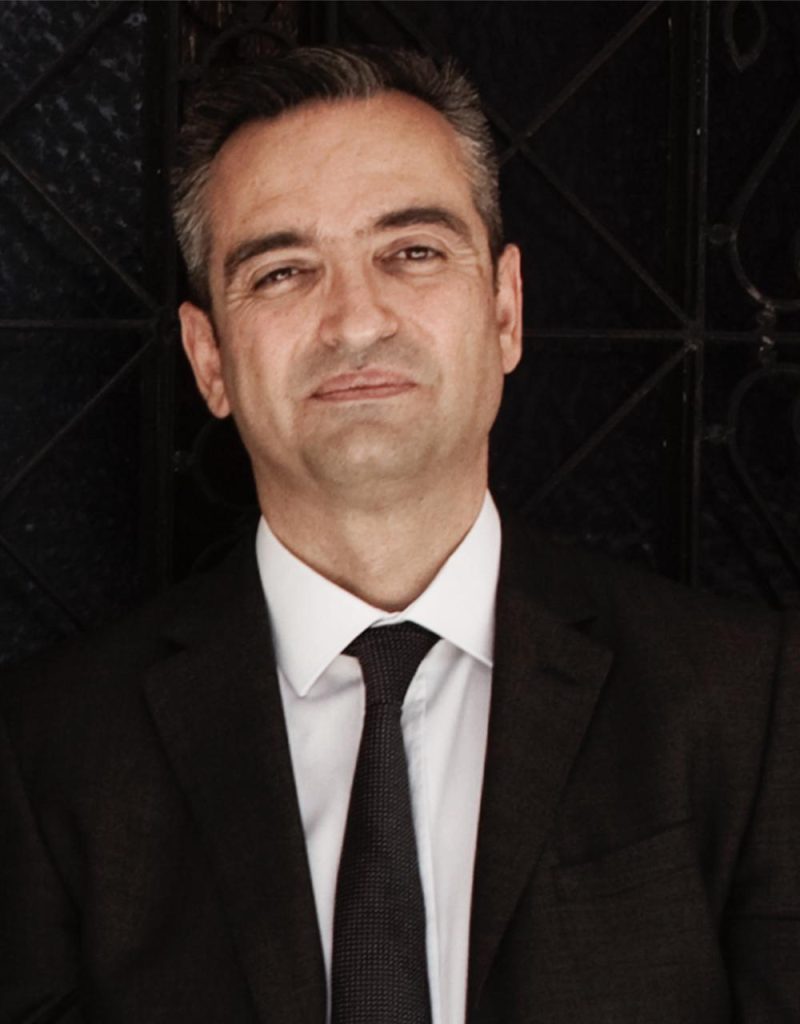
Proof and proving lie at the heart of contemporary mathematics, whilst problem solving and modelling render mathematics a system that is open and in constant interplay with other disciplines and everyday life. In this TWG, we shall address the complexity and the interplay of proof, proving, problem solving, and modelling in mathematics education of various educational and non-educational levels and contexts from diverse perspectives (e.g., cognitive, affective, sociocultural, epistemological, interdisciplinary, curricular, textbooks and instructional materials, etc.), with a particular focus on topics relevant to the participants’ projects. Through a series of collective and individual reflective activities, presentations, and discussions, the participants of TWG 6 will be given the opportunity to constructively re-visit crucial theoretical and methodological aspects of their projects.
TWG 7: Preservice teachers’ training in mathematics – Leader: Tamsin Meaney
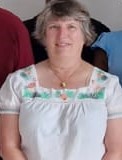
This TWG will focus on the complexity linked to mathematics teacher education. In recent years, education has been seen, particularly by politicians, as needing improvement both at the school and teacher education levels. This constant requirement for change puts pressure on both teacher educators and pre-service teachers in mathematics teacher education by situating them both as problems and solutions to the societal issues identified by politicians, such as the poor PISA results. Consequently, we welcome contributions investigating all aspects of pre-service teachers and teacher educators’ experiences with mathematics teacher education. This could include, for example, investigations of pre-service teachers’ pedagogical mathematical knowledge or how different actors within teacher education, such as pre-service teachers, teacher educators, and practicum teachers, interact to construct localised versions of mathematics teacher education. The participants will work on refining the different aspects of their PhD projects by working in different sets of pairs throughout the summer school. These discussions will be framed by short introductions to the different aspects of the projects.
The program also contains seven lectures given by the TWG leaders, followed by a meeting with the leader (see lectures’ abstracts). Finally, there will be a Discussion Group Session organized by YERME and devoted to topics of common interest, and two parallel Workshops (see workshops’ abstracts) dedicated to issues relevant to YESS 13 participants’ needs.